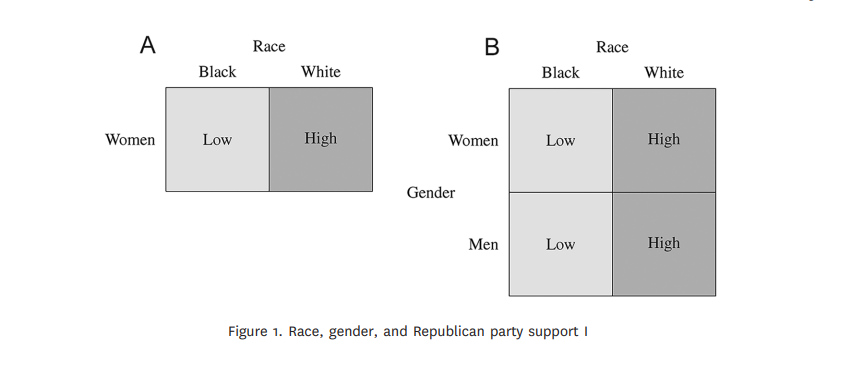The rise of index investment in sovereign bond markets has shifted decision making from investors to index providers and weakened market discipline in the developing world
Received wisdom in the era of financial globalization is that international financial markets discipline governments. Bond markets are said to monitor government policies and country economic and political characteristics, then punish policies and outcomes they dislike by withdrawing investment. Governments that want to access bond markets must be responsive to investor preferences when formulating policy. This may incentivize governments to ignore domestic constituents, constraining policy autonomy in favor of investor preferences. While even rich countries are not immune to market pressures, developing countries are thought to be subject to even harsher market discipline because their higher risk of default requires investors to monitor a wider range of country characteristics more carefully.
But this view ignores recent changes in how investors actually allocate their capital. An increasing portion of foreign investors do not invest in emerging markets as individual countries but as an asset class, by tracking a benchmark index. These indexes are constructed by index providers who decide which countries will be included and what weighting they will receive in the index. This has profound consequences for borrowing governments across the developing world.
Tracking indexes reduces the importance of individual country risk/return profiles in investors’ capital allocation decisions. This is certainly true of passive asset managers that strictly follow indexes. But it is also true of active asset managers, who while trying to best an index still base their allocations off the index as a benchmark. The implication is that indexes, and the providers who design them, have been delegated disciplinary power by all types of investors.
The hard currency sovereign debt market, the most important market for government borrowing, is dominated by just one benchmark index, the JP Morgan EMBIG Diversified index. The EMBIG uses a limited set of inclusion criteria focused on a maximum income and credit rating threshold and a minimum bond issue size. These are designed to provide a benchmark that reflects the entire EM asset class, rather than pick assets with the highest returns or lowest default risk.
We theorize that due to the sheer size of funds tracking the EMBIG, index inclusion or exclusion will affect a sovereign’s bond market access. Once a country is included in an index, it should become easier to issue more debt in the future, regardless of policy stance or economic performance. Even if they perform poorly, or pursue policies investors dislike, included countries’ new bond issues are automatically included in the index, and so find automatic investor appetite.
To test this we assemble a novel dataset of index inclusion and weightings. We find that when a country is excluded from the EMBIG or is assigned a very low weight, domestic factors traditionally associated with creditworthiness still affect market access, as market discipline theories would expect. However, when a country is included in the index, its country specific features do not constrain their ability to borrow.
This means index investment has transformed the locus and nature of discipline in the developing country sovereign debt market. The main disciplinarian is index providers via pre-constructed indexes, not market signals via atomized investors. Once countries clear the hurdle of being included in the index, their bond market access is much less associated with country characteristics traditionally thought to represent and creditworthiness, making it much easier to issue debt in the future.
Recent studies highlight how push factors like global liquidity and market imperfections like bounded rationality and asymmetric information limit market discipline by making markets less responsive to country characteristics. We question the premise that it is “markets” doing the disciplining, however imperfect. We build on these studies by showing how index investment is an alternative pathway through which the disciplinary link between country characteristics and capital allocation is circumscribed.
More broadly, we provide further evidence that the reality of modern sovereign debt markets is that there is less discipline than core theories and assumptions expect. Borrowings, flows, and thus debt accumulation are increasingly disconnected from borrower-specific risk. This may increase developing country policy autonomy in the short-term, freeing them from concern about “bond market vigilantes.” But it also implies a rather new form of herding that likely intensifies the impact of boom/bust cycles in the long term. Given cyclical flows are a major cause of developing country crises throughout history, this begs the question of what to do about new automated, passive investment practices that may intensify the more negative impacts of financial globalization.
This blog piece is based on forthcoming the Journal of Politics article “Delegating Discipline: How Indexes Restructured the Political Economy of Sovereign Bond Markets” by Ben Cormier and Natalya Naqvi.
The empirical analysis of this research has been successfully replicated by the JOP and replication files are available in the JOP Dataverse.
About the Authors
Natalya Naqvi is an Assistant Professor of International Political Economy at the London School of Economics International Relations Department. Her research focuses on the political economy of finance and development. Follow her on Twitter: @natalyanaqvi
Ben Cormier is a Lecturer at the University of Strathclyde School of Government and Public Policy. He studies the international political economy of finance and development, interested in sovereign debt, financial markets, capital flows, aid flows, loan conditions, government transparency, economic development, and international organizations. Follow him on Twitter: @bcormier527


